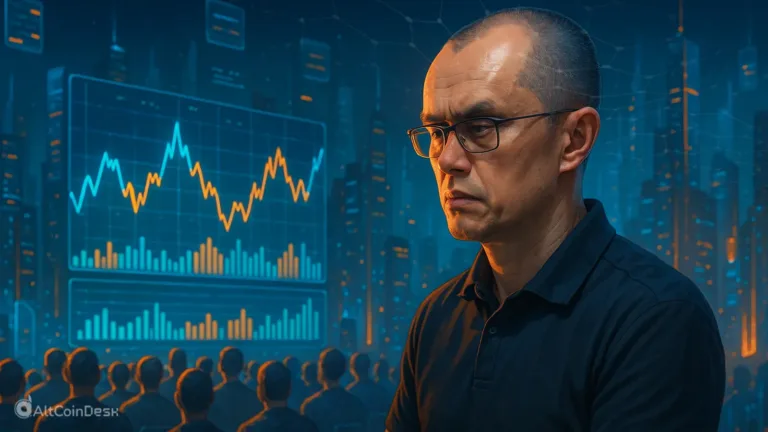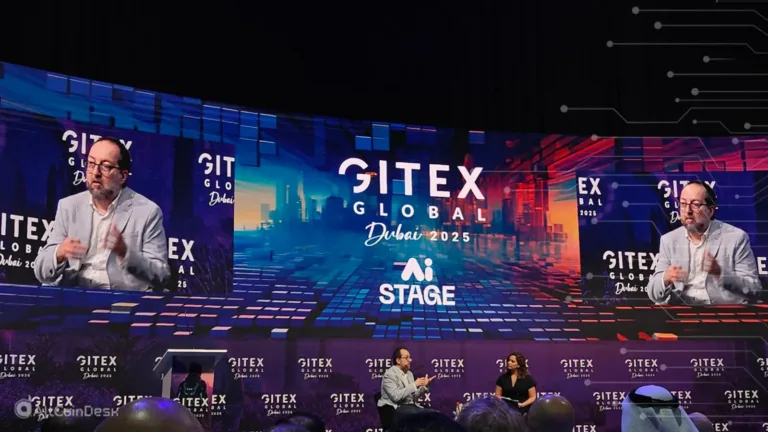Dubai’s World Trade Centre pulsed with electric energy this week — a glimpse of the world’s near future compressed into five days. From self-operating governments to hacking live on stage, GITEX Global 2025 wasn’t about what AI might do. It was about what it already is doing — governing, curing, decoding, and redefining how we trust.
A stage set for scale and ambition
Gitex concluded on Friday after a five-day surge of deal-making and breakthrough unveilings across AI, data infrastructure, cybersecurity, quantum, digital health, and biotech — convening more than 6,800 exhibitors, 2,000 startups from 180 countries, and 1,200 investors at the Dubai World Trade Centre and Dubai Harbour.
What a ride! #GITEXGLOBAL 2025 was full of innovation and energy.
— GITEX GLOBAL (@GITEX_GLOBAL) October 17, 2025
Closing our last year at Dubai World Trade Centre — see you bigger & bolder at Expo City Dubai! 🚀
📅 13–17 Oct 2025 | 📍 DWTC
🔗 https://t.co/ULYMf4Ll6P pic.twitter.com/wAa9Yswf5W
Echoing the moment, Amr Kamel, General Manager at Microsoft UAE, affirmed, “The UAE is at the forefront of digital transformation, and GITEX continues to be a powerful platform driving this journey forward. The country’s visionary leadership has created an environment where innovation thrives, from embracing AI responsibly to fostering a world-class digital ecosystem that attracts global collaboration and investment.”
Beyond the hype: AI as national infrastructure
From healthcare breakthroughs to city-scale automation, the message across GITEX was unmistakable — AI is the new operating system of civilization.
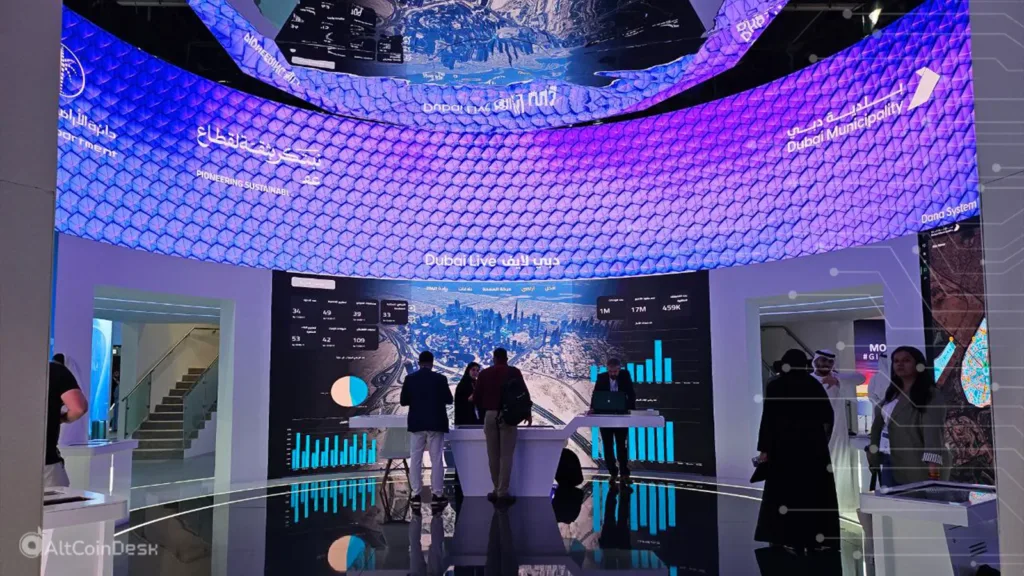
Dubai’s Roads and Transport Authority showcased an AI-powered trackless tram, while its new autonomous traffic enforcement network uses computer vision to detect violations in real time. AI isn’t a feature anymore — it’s the foundation upon which mobility, governance, and healthcare are being rebuilt.
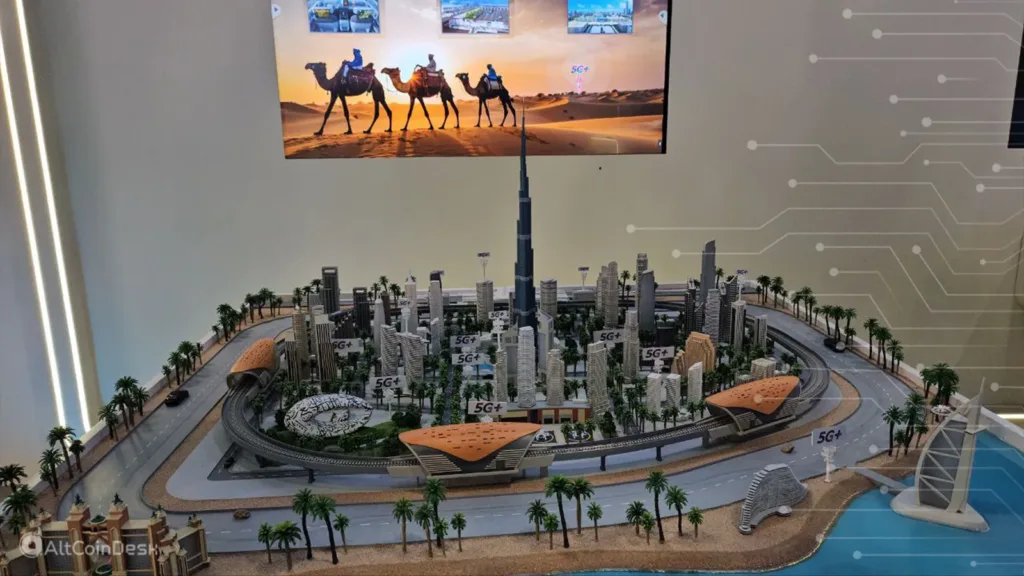
Even in biotech, panels featuring Mammoth Biosciences’ Trevor Martin and Paradromics’ Matt Angle explored how AI and CRISPR are rewriting the code of life itself — predicting genetic mutations and restoring lost neural connections. The age of superhuman possibility doesn’t feel far-off anymore; it feels like the next software update.
AI as public servant: Special government implications
Abu Dhabi’s unveiling of TAMM AutoGov drew one of the largest crowds at the show — and for good reason. Framed as the world’s first “AI public servant,” AutoGov doesn’t wait for citizens to apply for services. It renews licenses, pays bills, and schedules health checkups automatically, using predictive AI models trained on life-event data.
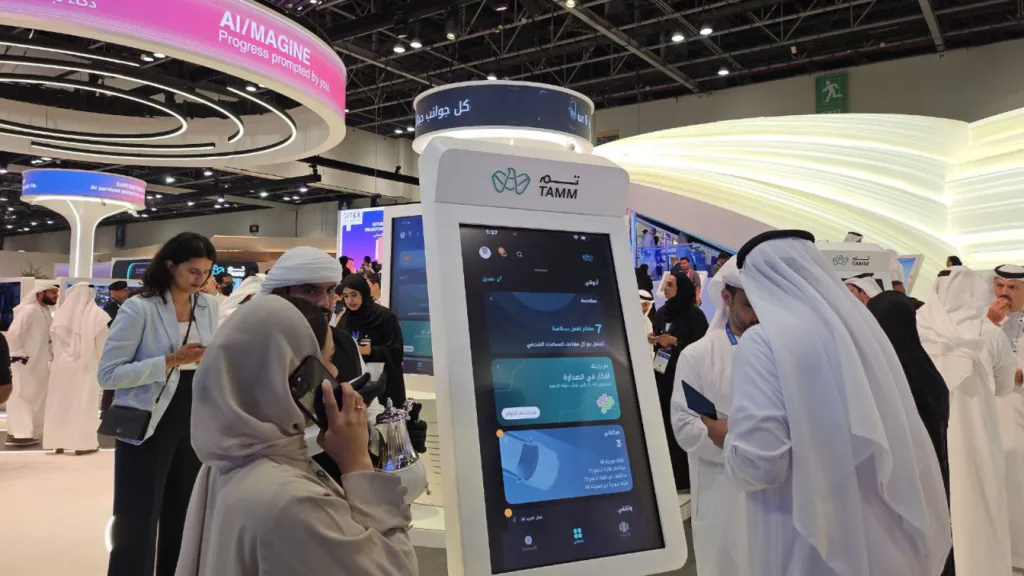
It’s not just another chatbot — it’s anticipatory governance in action.
Officials described it as the next phase of the emirate’s transformation into an AI-native government, with AED 13 billion allocated under the Abu Dhabi Digital Strategy 2025–2027. The system runs on a sovereign AI stack combining G42’s Arabic-first models, Microsoft Azure OpenAI’s large-scale reasoning engines, and Oracle’s local cloud — ensuring that citizens’ data never leaves the UAE.
When AI meets quantum: Intelligence that trains itself
On the AI Stage, IBM’s Ismael Faro and deep-tech entrepreneur Dr. Ilana Wisby explored what happens when two of the most powerful technologies on Earth — AI and quantum computing — begin working together.
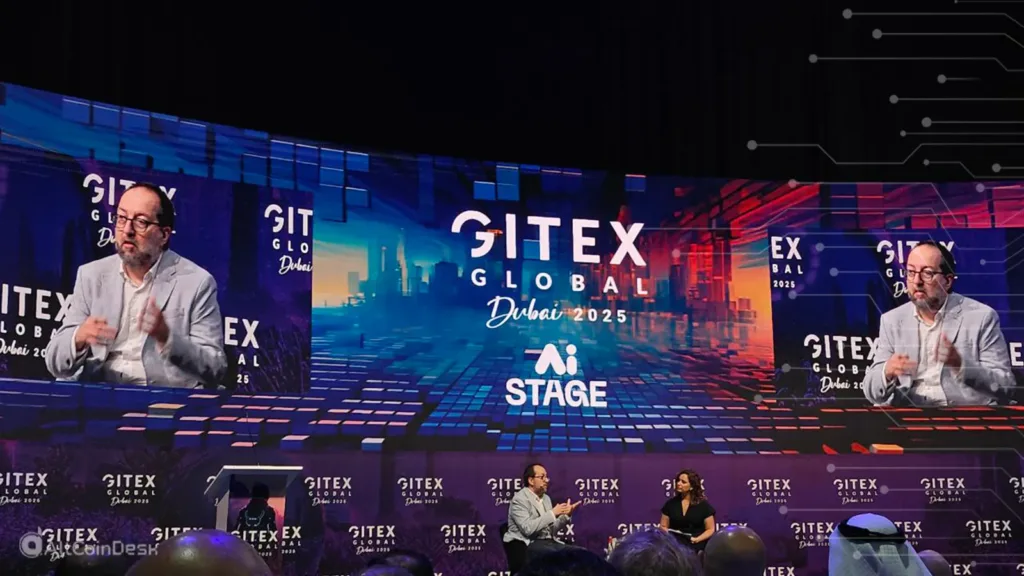
The panel moved beyond theory. Faro detailed live experiments where quantum-assisted AI workflows delivered real performance gains — from faster drug discovery models to more efficient portfolio simulations. The takeaway was clear: AI isn’t just a user of quantum power; it’s becoming the interface that unlocks it.
Wisby described a future where hybrid quantum-classical systems could learn to optimize themselves, moving us closer to “autonomous scientific discovery.”
Cybersecurity dominates the conversation at GITEX 2025
Over at Tech Talks 24, a hush fell over the crowd as ethical hacker Daniel Kalinowski executed a reverse-proxy phishing attack live on stage. Within seconds, he intercepted a two-factor authentication code, cloned a session cookie, and took over an account that was supposedly “secured.”

The demo wasn’t the only one revealing the dangers of technology these days; many big names in cybersecurity, such as Cloudflare and Zscaler, came along as well. They ushered in new defense tactics for other businesses this season.
From pitch decks to protocols: The energy of North Star
At the heart of Expand North Star was the Startup-ScaleUp ecosystem — tech founders pitching, investors leaning in, and markets being shaped on the spot. The ScaleX program, new features like North Star Green Impact, and networking events by yacht sunset all underscored the show’s ambition to be more than a conference — it’s a launchpad for companies ready to scale.

Sessions spanned deep tech, climate, AI, and fintech. In the Blockchain Stage within North Star, panels like “Regulating the Wild West — Global Crypto Policy Outlook for 2026” and “Digital Identity & Compliance: Making RWA Tokens Work in a Regulated World” wrestled with hard truths: regulation, trust, and infrastructure are the scaffolding that will support tokenization’s next phase.
The energy was constant — founders demoed smart contracts, blockchain bridges, tokenization stacks, and Web3-native UX flows. Investors lined up at booths, grabbing pitch decks, scanning QR codes, drafting term sheets.
Closing the loop: AI as destiny, not discussion
By the final day, as journalists, ministers, and founders poured out of the halls, one theme resonated across every sector: AI isn’t coming — it’s already here, and it’s self-propelling.
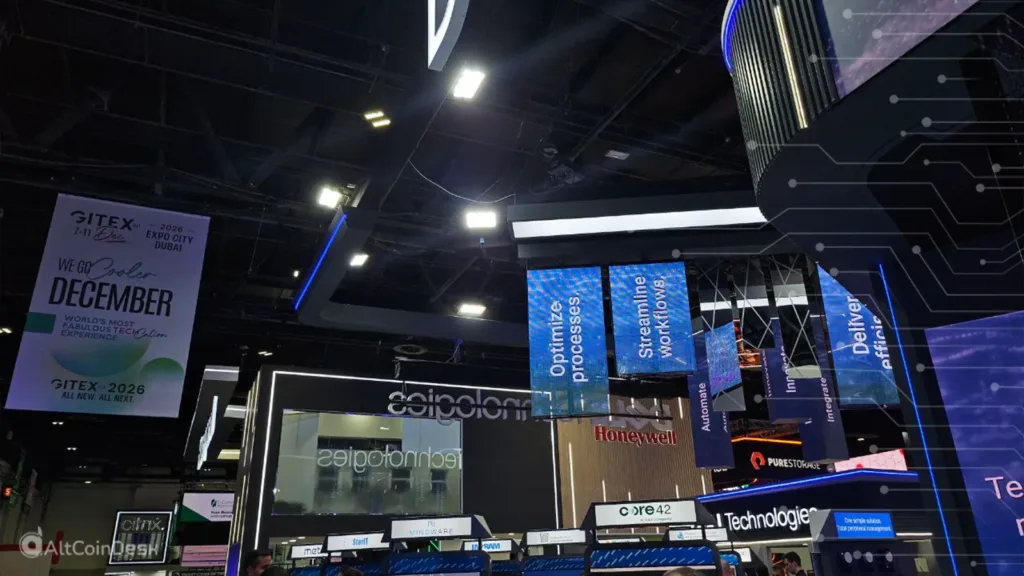
From TAMM’s autonomous governance to quantum-powered algorithms and zero-trust authentication, GITEX 2025 captured a global pivot — from invention to integration, from spectacle to system.
The world isn’t asking what AI can do anymore.
It’s asking what’s left for humans to decide.






